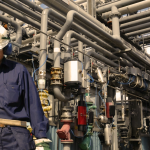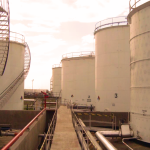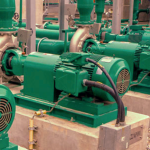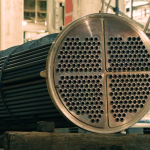Course Overview:
This program prepares new engineering graduates in the fields of chemical, electrical, and mechanical engineering to transition from the academic environment to the practical environment in one of the most vital and important sectors for the national economy, which is the energy and industry sector. The program discusses the practical environment related to the technical aspects of manufacturing processes, measurement, control, and maintenance, in addition to the ethical aspect of preparing graduates to join the workforce in this field.
Course Objectives:
- Assisting new engineering graduates in smoothly transitioning from the academic environment to the professional field.
- Introducing them to the energy and industry sector.
- Familiarizing them with applying various engineering principles in laboratories and factories.
- Preparing them psychologically and behaviorally to work in the energy and industry environment.
Course Contents:
The technical role of an engineer in the field of energy and industry includes:
- Basic manufacturing processes and associated equipment:
- Physical processes (material separation, distillation, purification, etc.)
- Chemical processes
- Support processes (heating and cooling, pressure, transportation, and storage)
- Measurement and control processes
- Engineering drawings
- Occupational health, safety, and environmental preservation
- Key industries in the country:
- Brief description of some industries (raw materials, products, and basic manufacturing processes)
- Distribution (locations) of various industries in the country and the size of each industry.
Behavioral skills:
- Supervisory and teamwork skills
- Task programming and setting priorities
- Time management and handling work pressures
Target Audience:
New graduates: Chemical, Electrical, and Mechanical Engineering.






